All people experience insomnia at some point in their lives and there are many factors that can cause this that we may not be aware of. For example, stress, anxiety, poor diet, jet lag, and disrupted sleep patterns can prevent you from getting the adequate amount of sleep your body needs.
More than 60 million people suffer from insomnia each year and wake up in the morning feeling exhausted and unhappy. Insomnia usually lasts from a few days to months or even years.
We collected information on this sleep disorder and its causes, what are the symptoms, what effects it has on the human body, and ways to get rid of it at home.
What Causes Insomnia?
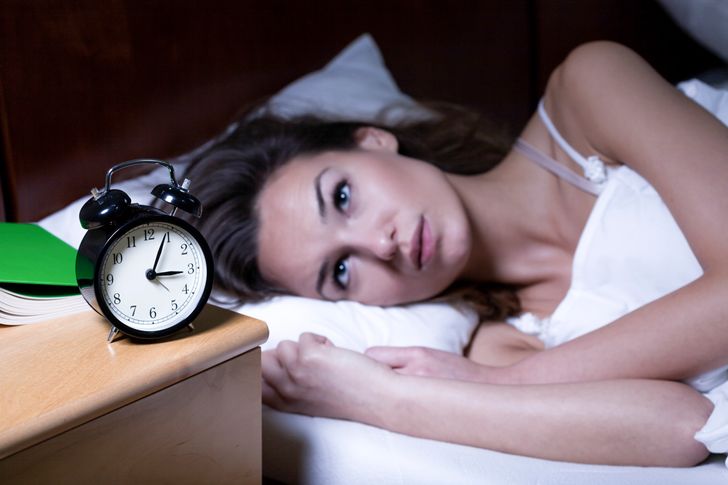
There are 2 types of insomnia: primary insomnia that does not have an underlying cause or secondary insomnia that has a specific cause. Insomnia can be acute or chronic. However, there are several factors that can contribute to this.
These are the main causes of insomnia:
Anxiety and stress: At night, emotions tend to be stronger, possibly because we have more time at night to process the events of the day. Job stress or family problems can keep you awake at night. Additionally, traumatic events, such as the death of a loved one, relationship problems, or job loss, can cause chronic insomnia.
Depression: This is one of the most common causes of insomnia. Due to a chemical imbalance in the brain, your sleep patterns are disrupted. Another possibility could be excessive stress due to fears and disturbing thoughts that prevent you from getting enough sleep.
Menstrual cycle: women are twice as likely to develop insomnia as men. This is due to hormonal changes during the menstrual cycle that can be responsible for disrupting your sleep patterns. This tends to happen more when women are nearing menopause and have night sweats and/or hot flashes. Also, a lack of estrogen in menopausal women can lead to insomnia.
Age: Insomnia can become a more common problem with age because our sleep patterns change over time and older people find it more difficult to sleep more than 8 hours. Sometimes they even need to take a nap during the day to make up for the lack of sleep at night. Research suggests that approximately 50% of adults over the age of 60 suffer from insomnia.
Medications: Various medications can cause insomnia. For example, pain relievers, weight loss products that contain caffeine, stimulants, or decongestants. Additionally, many prescription medications can also cause insomnia or disrupt your sleeping patterns, for example, allergy medications, blood pressure medications, heart medications, and antidepressants.
Secondary causes of insomnia are:
- Jet lag
- An inconsistent sleeping schedule
- A poor diet that does not provide the body with enough nutrients
- Eating very late at night
- Mental health problems
- Medications
- Medical conditions such as cancer, asthma, and heart disease
- Chronic pain
- Sleep apnea
- Restless leg syndrome
Symptoms of Insomnia

According to the Sleep Foundation, people suffering from insomnia may have one or more of the following symptoms below:
- Difficulty sleeping;
- Difficulty sleeping for over one hour;
- Waking up too early in the morning (waking up at 4-5 AM instead of at 6-7 AM);
- Experiencing “Non-restorative sleep” which means sleeping but not resting;
- Fatigue and low energy levels;
- Difficulty concentrating;
- Mood swings and irritation;
- Behavioral changes such as aggression, impulsiveness, and over-sensitivity;
- Difficulty working;
- Difficulty in social and personal relationships with people including family, friends, classmates, or coworkers;
- Weight gain and increased appetite;
- Dry skin and breakouts;
- Wrinkles on the skin and dark circles around the eyes;
- Sugar cravings;
- Constipation.
Effects of Insomnia on Your Body
Below are the side effects that insomnia has on your body and the natural ways to get rid of it to help you regain your health.
The Lack Of Sleep Can Cause Accidents:
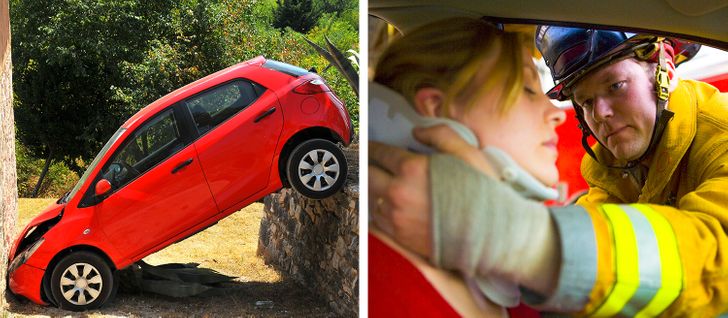
Lack of sleep is a major public safety risk, especially on the road. Fatigue can cause your reactions to become extremely slow and this amounts to driving while intoxicated.
According to the National Highway Traffic Safety Administration, drowsiness is responsible for approximately 100,000 car accidents and about 7,000 car-related deaths in the United States alone.
Furthermore, tiredness can also lead to accidents and injuries in the workplace. Studies have shown that people who did not get enough sleep had significantly more accidents at work than those who did not sleep, and many of those accidents were repeated.
Slower Cognitive Process

Sleep plays an important role when it comes to thinking, processing, and learning. Fatigue can significantly slow down these processes. It can affect concentration, alertness, reasoning, and problem solving, preventing your brain from reaching its full capacity and causing difficulties at work or school.
Also, during the REM sleep cycle, we can collect and connect information and memories that happened during the day; therefore, lack of sleep will make you forget what you learned during that time.
Life-threatening Health Problems
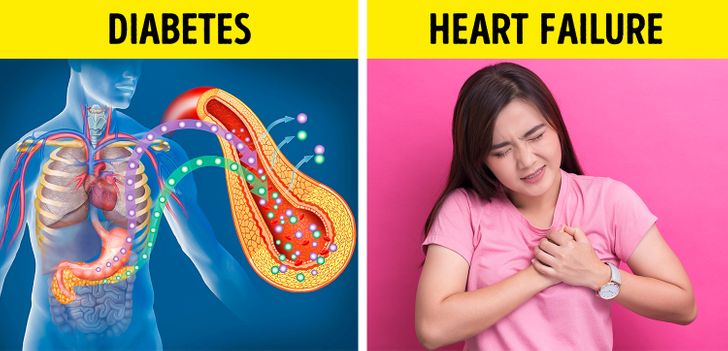
According to a recent study, 90% of people who suffer from insomnia also have one of the following other health problems:
- Diabetes;
- Irregular heart palpitations;
- High blood pressure;
- Heart disease;
- Heart failure;
- Stroke.
Mental Health Problems
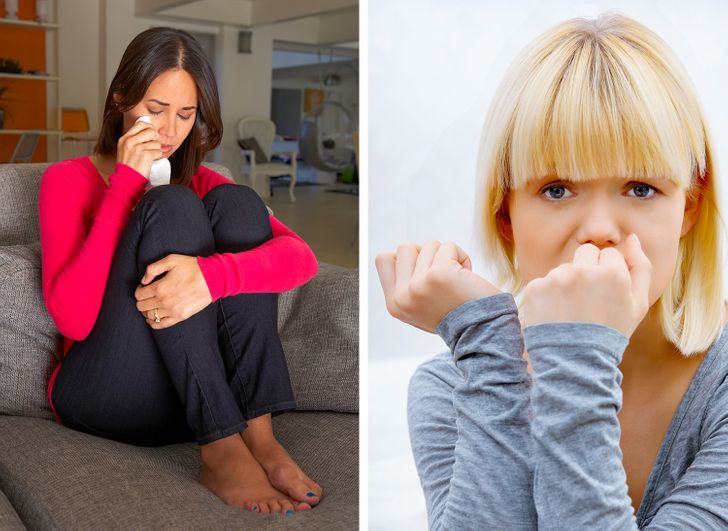
Lack of sleep can lead to symptoms of depression. One study found that people who slept less than 6 hours each night were diagnosed with depression and anxiety.
Furthermore, insomnia is strongly related to depression, as the same study showed that people who suffer from insomnia are 5 times more likely to develop symptoms of depression than people who do not suffer from insomnia.
Depression and insomnia create a vicious cycle because they feed off each other since depression causes insomnia. On the other hand, if someone is able to treat insomnia then they will be able to treat depression, as well.
How to Relieve Insomnia Without Medication At Home
Here are some natural ways that can help you get rid of insomnia at home.
Set A Sleeping Schedule
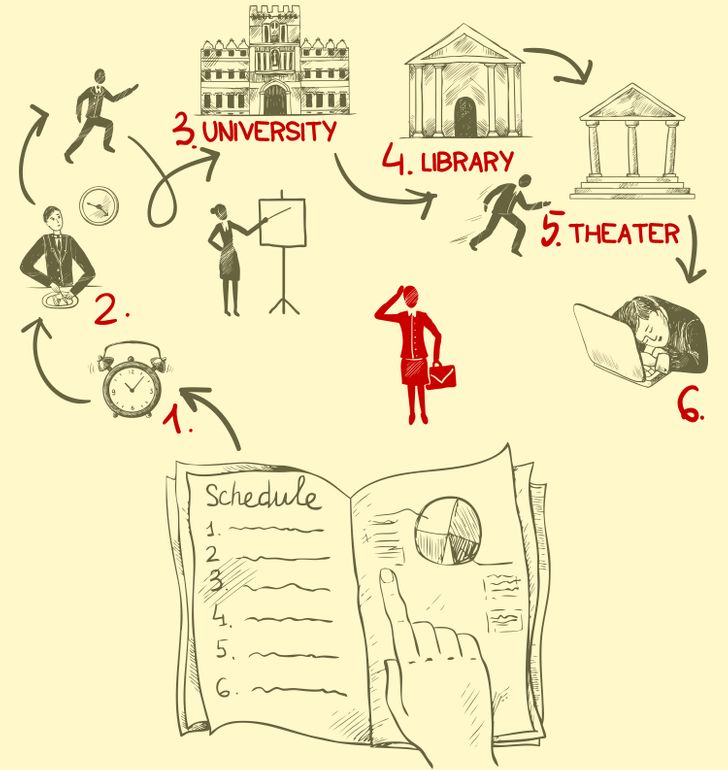
Studies have found that people suffering from insomnia seek refuge in late-night snacking, which causes them to gain weight. Try to establish a rigid sleep schedule in which you sleep at the same time every night and wake up at the same time in the morning.
This will give you more time to rest, set your mood, and avoid snacking late at night because you will be sleeping.
According to another study by the University of Pennsylvania, an evening snack can add up to 500 calories. Also, this will make insomnia worse by giving you more energy to keep going.
Try Chamomile Tea

Chamomile tea is the oldest recipe in the book for treating insomnia. Due to its calming effect, it can induce sedation (drowsiness) and is considered a mild tranquilizer.
Chamomile tea has a flavonoid called apigenin, which binds to benzodiazepine receptors in the brain, increasing hypnotic activity 90 minutes after chamomile tea is drunk and absorbed into the body.
One study found that people with insomnia who drank chamomile tea about an hour before bed could sleep for more than 3 hours straight without interruption.
Sleep In Cooler Temperatures
Sleeping in cooler temperatures will help you fall asleep much easier, especially if you have insomnia due to hot flashes and sweating. During sleep, we disconnect from our surroundings and therefore our body temperature drops. A cold room helps facilitate sleep in these stages and prevents them from interrupting you.
The ideal temperature is between 57 ° F and 65 ° F. Also, a recent study found that people who sleep at these temperatures burn more calories than people who sleep at high temperatures. Add up to 100 calories every 24 hours.
Have you ever had insomnia? Have you tried any of these methods? Please let us know in the comments below.
Let us know what other natural remedies have helped you with your insomnia in the comments section below. Also, don’t forget to share this with your family or friends who may be suffering from insomnia!


